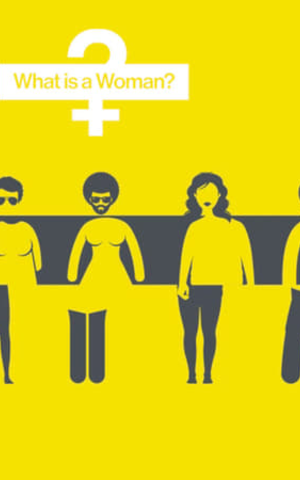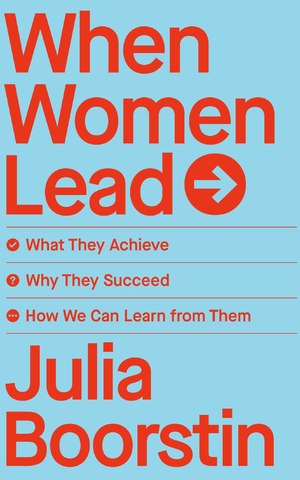Gender
No followers
Most recommended content
See AllFeatured creators
See AllHusband & Father | Fellow @ManhattanInst | Ph.D. @BostonCollege & Post-Doc @Harvard | Causes and consequences of institutional dysfunction | opinions own
Mostly off Twitter for May. Author, @fsgbooks. Former: @NYMag. Cohost @TheBARPod, the first-ever podcast: http://patreon.com/blockedandrepo… * jesse.r.singal@gmail
Theocratic fascist, bestselling children’s author, women’s studies scholar, biologist
Writer. Wonk. Dad. Brookings Senior Fellow.
Pod: Dialogues http://richardvreeves.com/podsub
Trying not to hoard dreams. Tweets my own http://www.richardvreeves
Author, theorist, educator, and social critic. Distinguished Professor in Residence at Berea College. Best known for writings on race, feminism, and class. Published around 40 books, including essays, poetry, and children's books.
18 ⋆ 🇺🇸 ⋆ female (XX) ⋆ prairie woman ⋆ former trans kid 🦎 started T + Blockers at 13, Double Mastectomy at 15, detransed at 16 chloeelisecole@gmail.com





